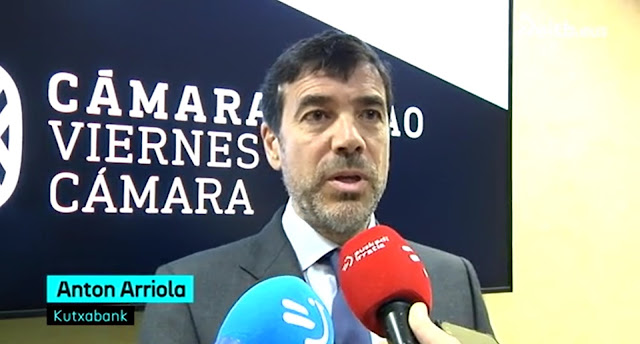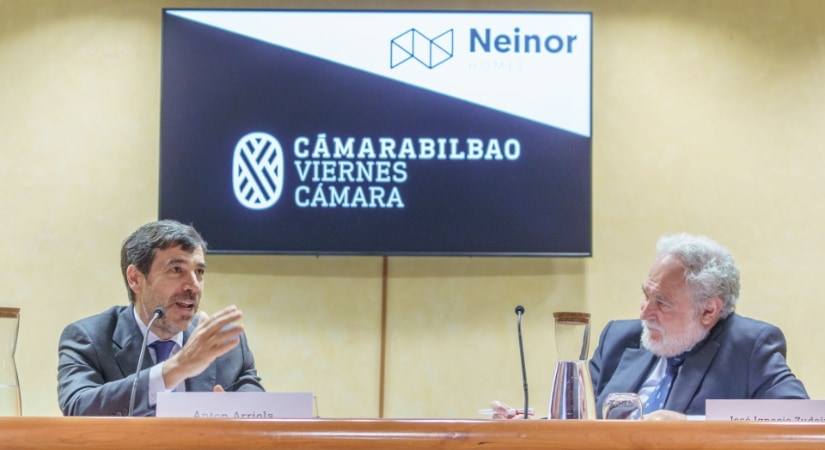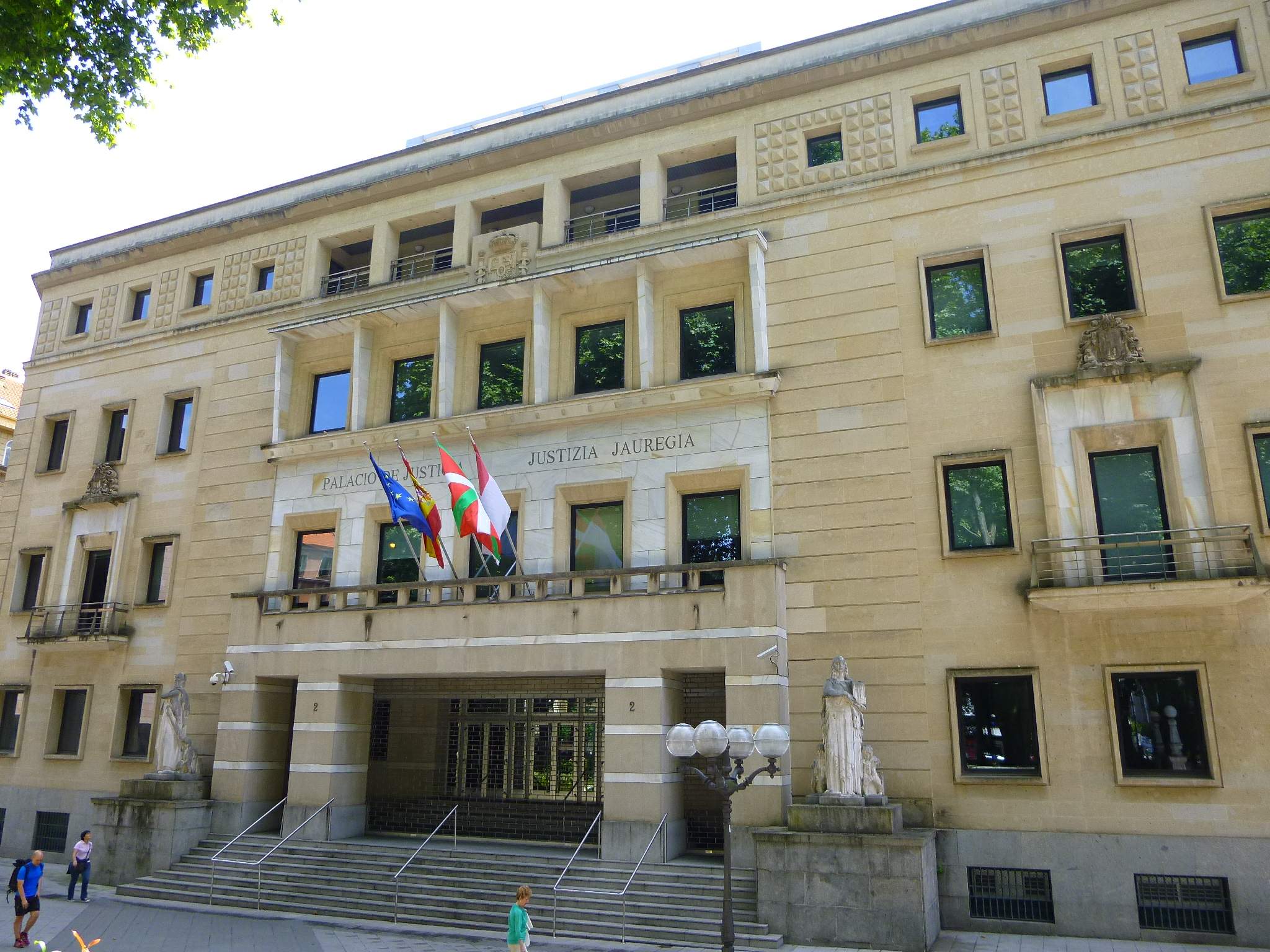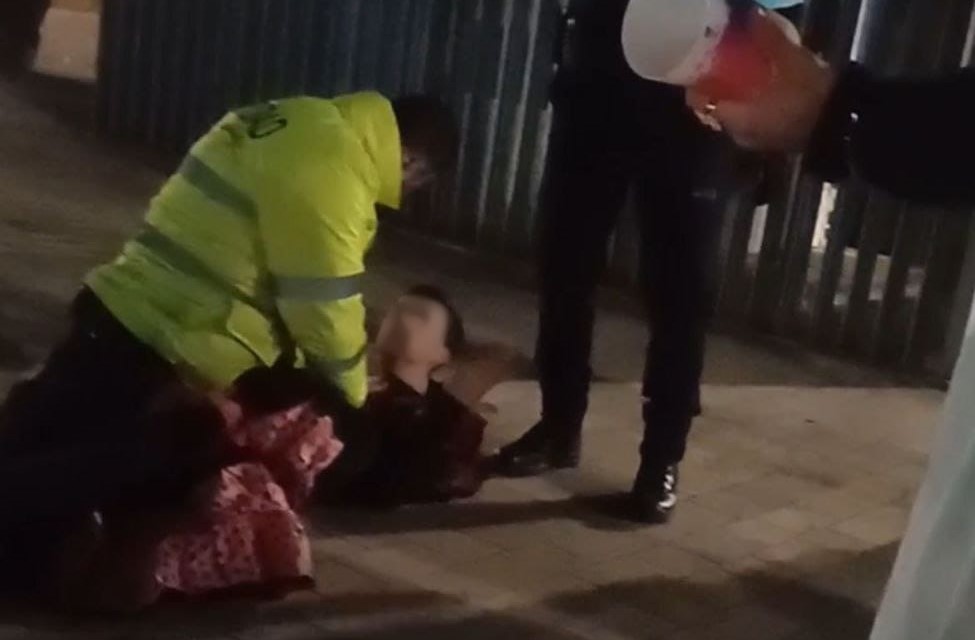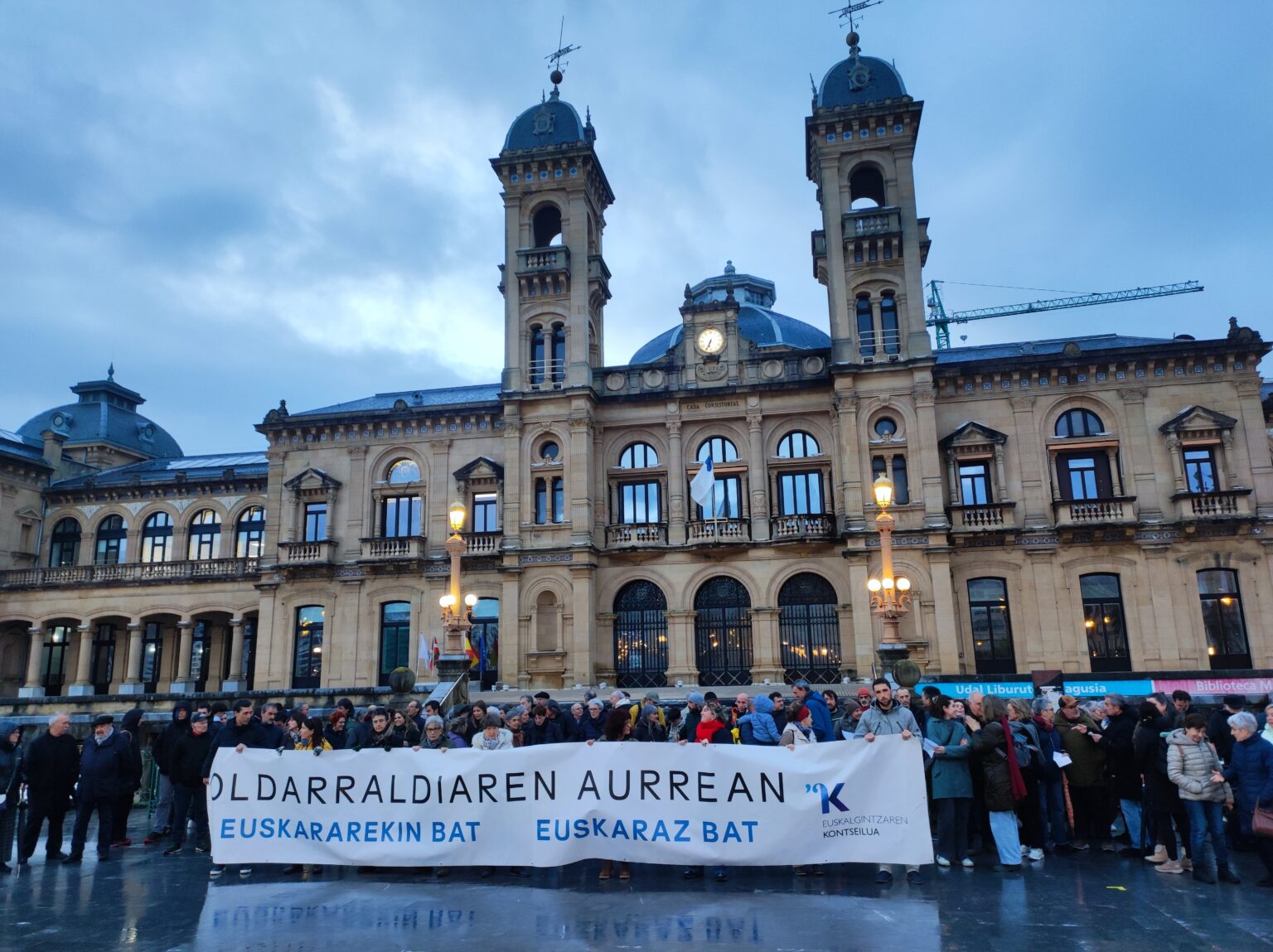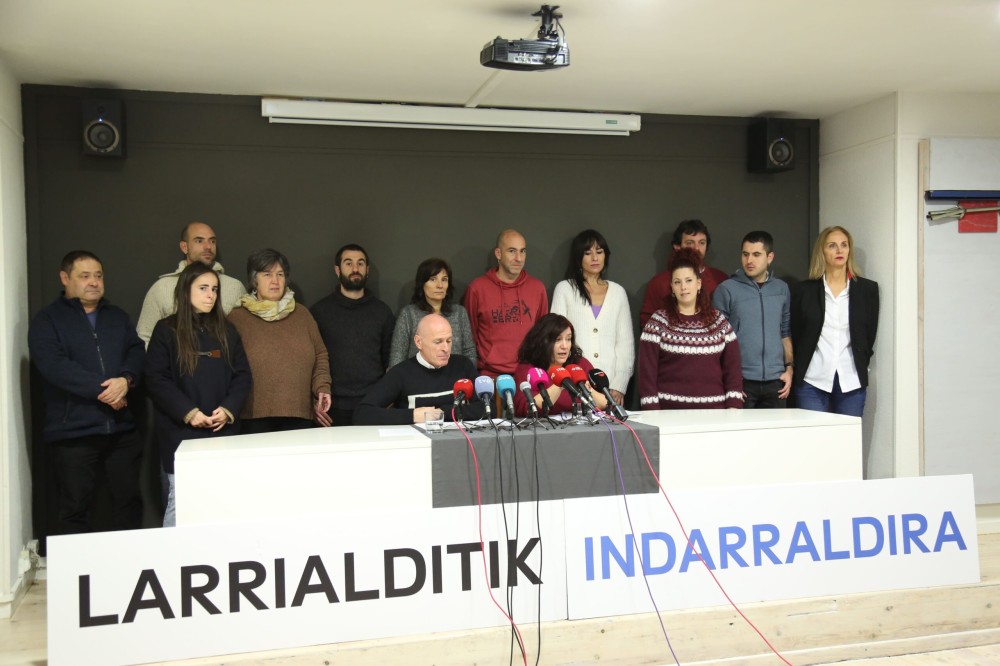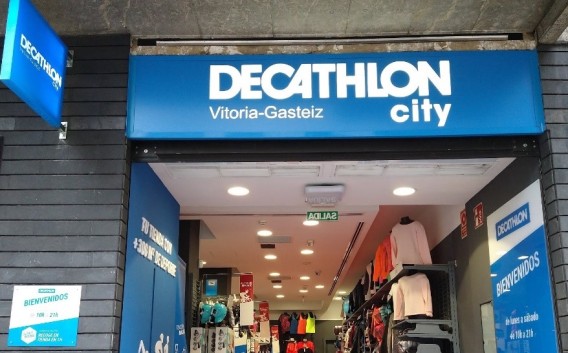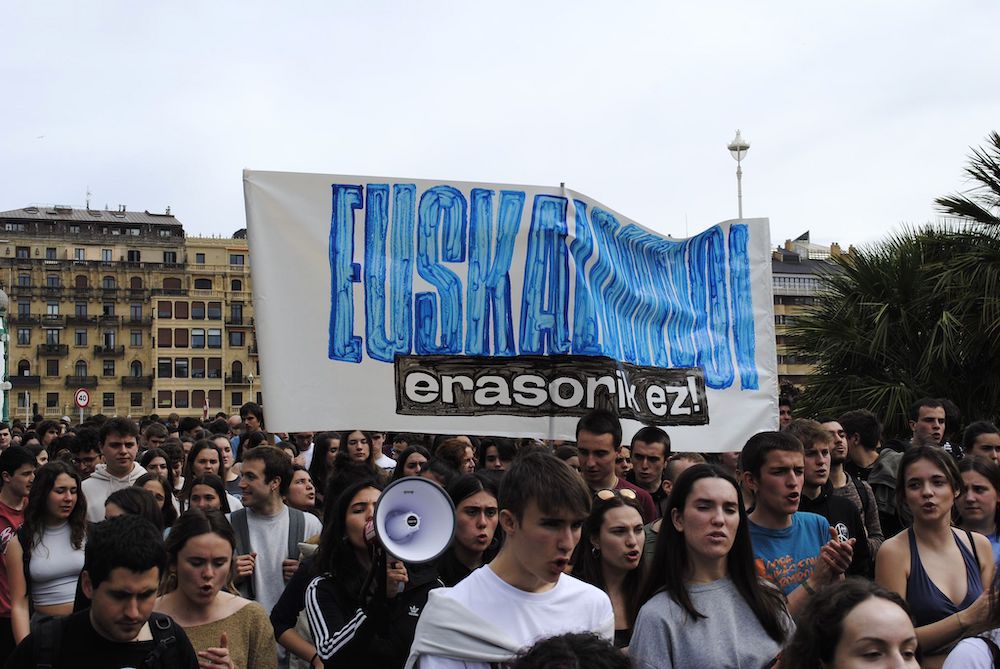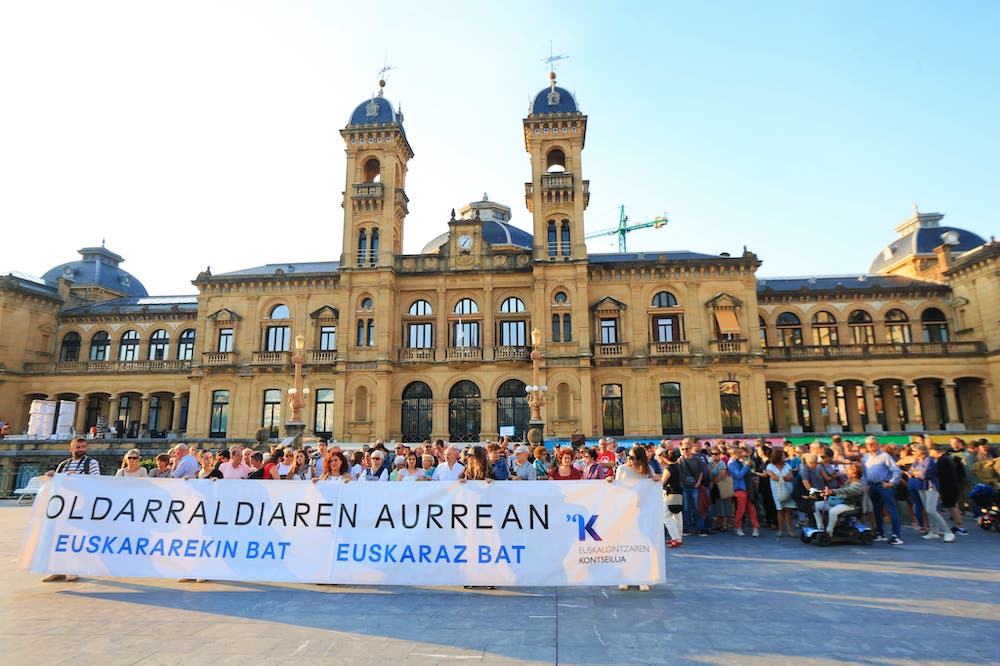“Department stores are affected by what consumers have said on social media”
- A consumer has made a complaint to the Observatory about the lack of advertising in Basque of the large Decathlon trade in Donostia. The Point of Sale response is significant: Community law does not contain any imposition on the placement of the billboard in Euskera. In other words, the legal obligation is called imposition. We interviewed the director of the Agurne Gaubeka Observatory to inform us about the consumer law.

The Observatory has denounced the response of the large commercial establishment Decathlon, located in the Gipuzkoan capital. They have explained that they have qualified as imposing their legal obligation to shoot in Euskera.
We feel serious about the contempt they give to customers, to say that it is an imposition to disseminate in Basque the information you send to your client. That's why we spread this issue.
In the Catalan countries, they enjoy greater legal protection and greater social pressure. We are also trying to do so, but we need more legal support.
It is not just a question of Decathlon, we have more and more multinationals in our towns and cities, and some action needs to be taken on them. We are talking about total liberalisation of languages, and that is where we must also demand action.
What are the consequences of a trade that does not respect the language requirements laid down by law?
The new consumer and user law dates from 2023, the previous one from 2003. We, when the new law was passed, denounced that there was no innovative step in guaranteeing the rights of Euskaldun citizenship. What is more, it has setbacks in relation to the original 2003 law. Taking into account the law of 2023, in the CAPV there are some kind of legal obligations, at least in relation to the rotulation of large commercial centres, but these are also not properly complied with. One example is Decathlon. They are often not met, and when they are not met there are no consequences. In other words, the 2023 law from the outset refused to take proper advantage of the normative nature of the law and to impose its obligations. Consequently, it is about the promotion of the rights of citizens, and not about the legal obligation. The law itself is taken away from the normative value, and that is a contradiction. Companies, in other matters, which violate the law and do not infringe language rights. For example, they don't have a fine. That is why we are calling for greater legal support.
Some large businesses join the Basque Country. How is it possible that such infringements of language rights will then take place?
I have just quoted the characteristics of the 2023 law. The basis of the law is the will and encouragement of the Basque Country, not coercion. We take these two bases with tweezers to refer to big business. Euskaraldia may be an incentive to take action, but with regard to these large companies we believe that legal support can be more effective. Strengthening support and establishing specific obligations, because the lawyers of these companies have responded many times that they have no legal obligation (for example, in Navarre) and that there are few enforcement mechanisms in the CAPV.

What strength do customers have in the face of violations?
It is true that we receive answers like Decathlon's, and sometimes they don't even respond to us. However, customers have the power. In Decathlon, in Oiartzun, there were self-tanning machines and they were able to choose Euskera, but they were eliminated. A protest was made and he recovered from the election of the Basque. A new Alcampo trade was installed and all the exterior labeling was in Spanish. The clients filed complaints and the incidence was higher. They are affected by what citizens and consumers have said on social media.
The attitude of these macro-enterprises towards small peoples and towards language is often clear, derogatory. In order to change these attitudes, we have to work from the bottom up and make consumers aware: where we consume, how, what recognition they make of our rights ...
You say that Catalan consumers have more legal protection.
One example is the websites of big brands. They offer the possibility to choose Catalan, but they do not have the Basque, and as in the Catalan countries, they also have positions in the Basque Country. They have greater legal protection and stricter obligations, and it can also be due to social pressure.
In the interior of Euskal Herria there is also such discrimination, although companies are not so large. They have different linguistic policies in the CAV, Navarra and Iparralde, answer: “The Navarre law does not oblige me.” They are very “legalistic”.

From linguistics or glotophobia and, of course, hatred against Basque, we have often seen our Basque become the dandruff of all sticks. Last of all, the president of Kutxabank, Anton Arriola, has been shaking our language and giving us galantas.The President of Kutxabank,
... [+]
Euskal Herrian Euskarazek manifestazioa deitu du apirilaren 6rako, 11n EHEko bi kide epaituko dituztelako. Hiriburuetatik autobusak antolatzen ari dira. Bi helburu bete nahi dituzte, batetik, epaituak izango diren bi kideei babesa erakustea, eta bestetik, euskararentzat justizia... [+]
"Poloniar bat etortzen bada eta bost urte pasako baditu proiektu batean, joder agian ez zaio egoki irudituko seme-alabek euskaraz ikastea, ezta?", bankuko lehendakari Anton Arriolak adierazi duenez. Euskalgintzako eragileek gogor kritikatu dute eta esandakoa... [+]
Ba al dakizue frantses batzuk harritu egiten direla mugaren alde honetan ere euskaldunak bagaudela jakitean? Ba bai, harrigarria bada ere, behin, Donostian, frantses batzuei entzun nien sinetsi ezinik beren buruari galdetzen: “Saint-Sébastien est au Pays... [+]
Gasteizko 1 zenbakiko Auzitegi Kontentzioso-Administratiboak emandako epaia berretsi du EAEko Justizia Auzitegi Nagusiak. Lan poltsan parte hartzeko euskara maila altuenaren baliokide diren 3. eta 4. eskakizunak indargabetu zituen Gasteizko Auzitegiak.
Euskal Herrian Euskarazen arabera, Tolosako tren geltokiko segurtasun agente batek eraso egin zion militante bati, agenteari euskaraz hitz egiteko eskatu ziolako. Tolosako alkateak "kezka" adierazi du eta azalpenak eskatuko dituela jakinarazi.










